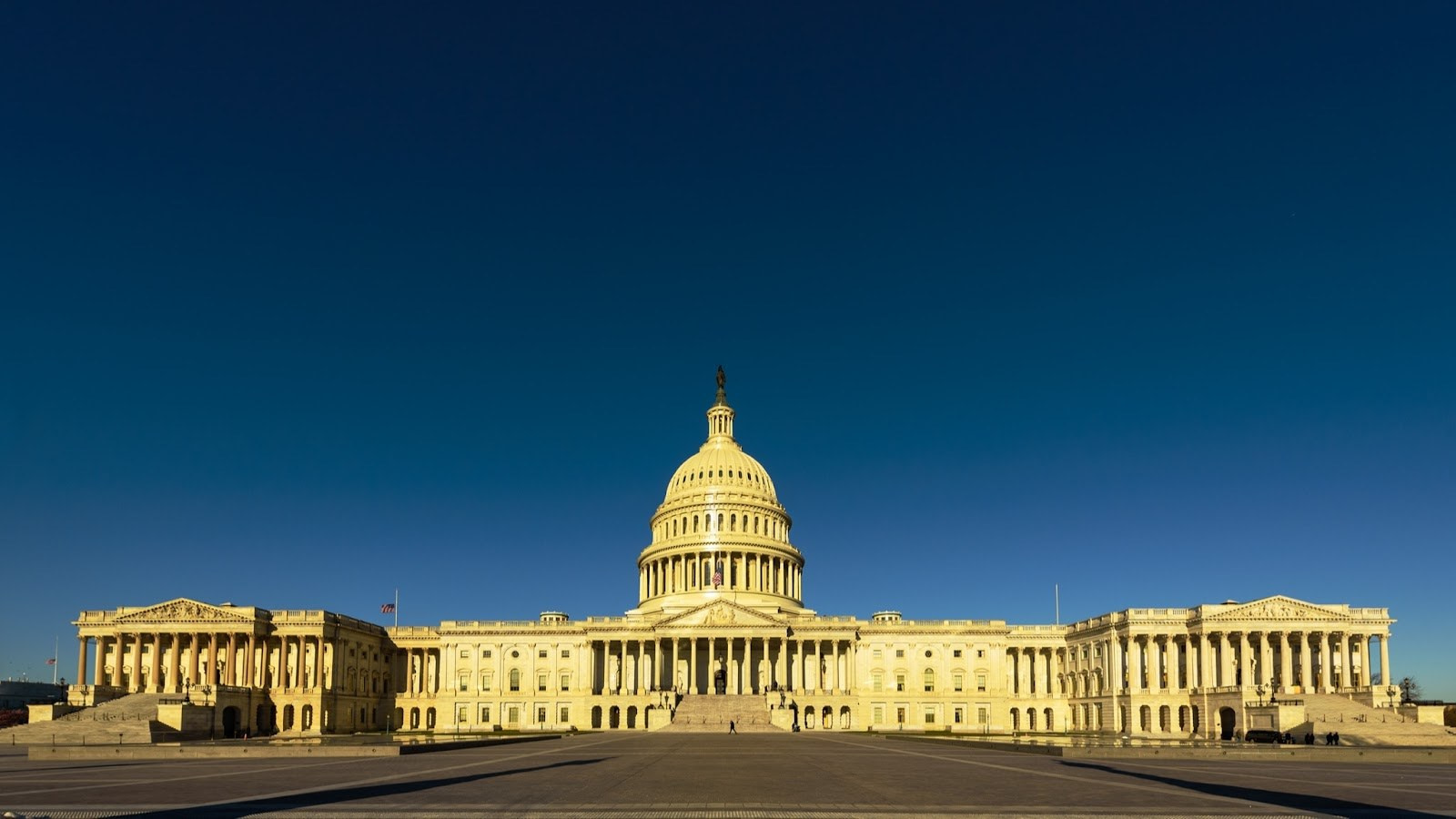Legally Speaking, What’s The Deal With Cleaning?
7 minute read

If you were to ask us, “What’s the most surprising thing about your industry?,” the first thing that would come to mind is the state of transparency. Did you know the US has no federal requirement for household cleaners to tell you what’s inside them? When it comes to food that we put in our bodies, every brand must list the ingredients. But with cleaners, you can choose to disclose zilch. Zero. Nada.
Obviously, that’s never sat quite right with us, so we’ve always been proactive about sharing what’s inside our products. After all, these are the products that end up on your countertops, your clothes, and plenty of other high-touch places in your home. Luckily, there are people who share our same values, and things have been changing – slowly but surely.
But first, a little history lesson…
Why were harsh chemicals used in the first place?
The 20th century brought a revolution in cleaning products and chemical cleaners. During World War I and again in World War II, there was a shortage of animal fats and vegetable oils that were used to make soap. Chemists had to use other raw materials instead, which were “synthesized” into chemicals with similar properties. Today, we call them “detergents.”
These chemicals ended up being pretty cheap and convenient, so by the 1950s, when WWII was long over, they kept using them in household cleaners. Plus, detergents could be rinsed more easily and didn’t leave a residue like soaps did. To many, it seemed like a win-win.
Man-made chemicals aren’t all inherently bad, but there wasn’t enough research or consideration at the time to determine which ones were safe and which ones were harmful. Luckily, we’ve come a long way, and now we have a much better understanding of how we can achieve similar results with less harmful, more environmentally safe ingredients.
A brighter, cleaner future for us all
The world is slowly changing for the better, and globally there are many examples of banning harmful ingredients – it’s just a matter of bringing that same attitude to the states. There’s a long list of ingredients that have been banned in Europe and Australia but are still allowed in the US due to lax regulations. For example, Europe has banned more than 1,300 chemicals used in cosmetics, while the US has ruled out just 11!
The good news is that in 2017 California passed the Cleaning Product Right To Know Act, which imposes online and on-label ingredient disclosure requirements for any product sold in the state. This is a great step in the right direction and we’d love to see more states adopt their version of the law, or ideally, implement a similar law on the federal level. We believe that everyone should have the information they need to choose safer cleaning products, so whether it’s meeting with lawmakers as a business, voting during elections, or voting with your dollar, there’s plenty that can be done to get the ball rolling.
Until then… Knowledge is power
We say this a lot, but we truly believe that the more you know, the smarter you can be when it comes to what you bring into your home. That’s why we’ve identified over 500 ingredients in cleaning products that have harmful properties and shared them on our site. We call them “The Nasties” and they can be found here. Not only is this list informative, it’s also our promise to you that we’ll never use these ingredients in our products.
Another trick when shopping is to keep an eye out for the “Safer Choice” logo on cleaning labels. Created by the U.S. Environmental Protection Agency, Safer Choice identifies cleaning products like our stainless steel polish and 150+ others by ECOS, that are safer for our health and the environment without sacrificing performance. You can read all about it here.
Overall, green chemistry is an ever-evolving science, and our knowledge is sure to change over time. But the most important thing to remember is that we’ll always share our discoveries and innovations with you along the way. Our hope is that one day everyone in our industry will do the same.
